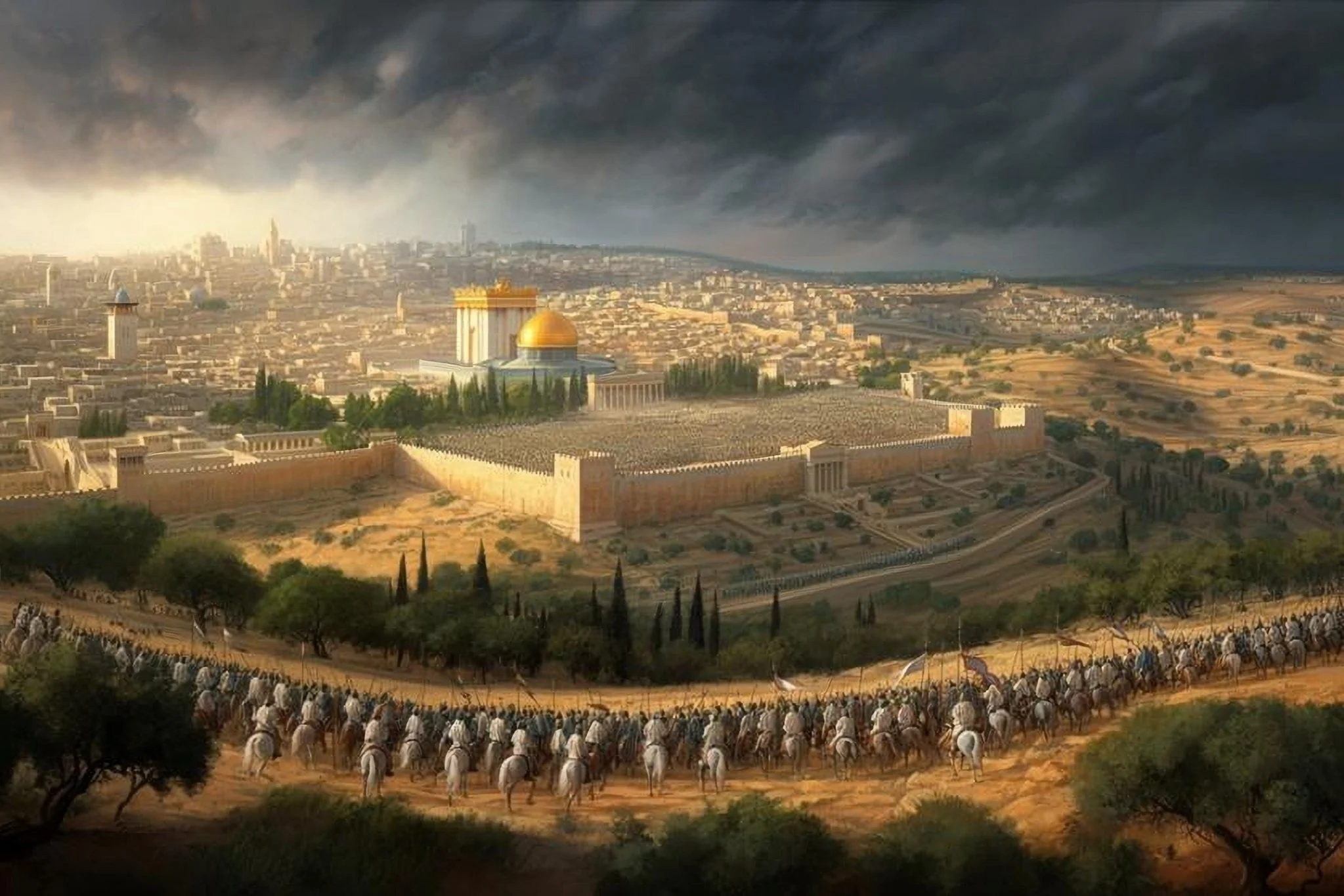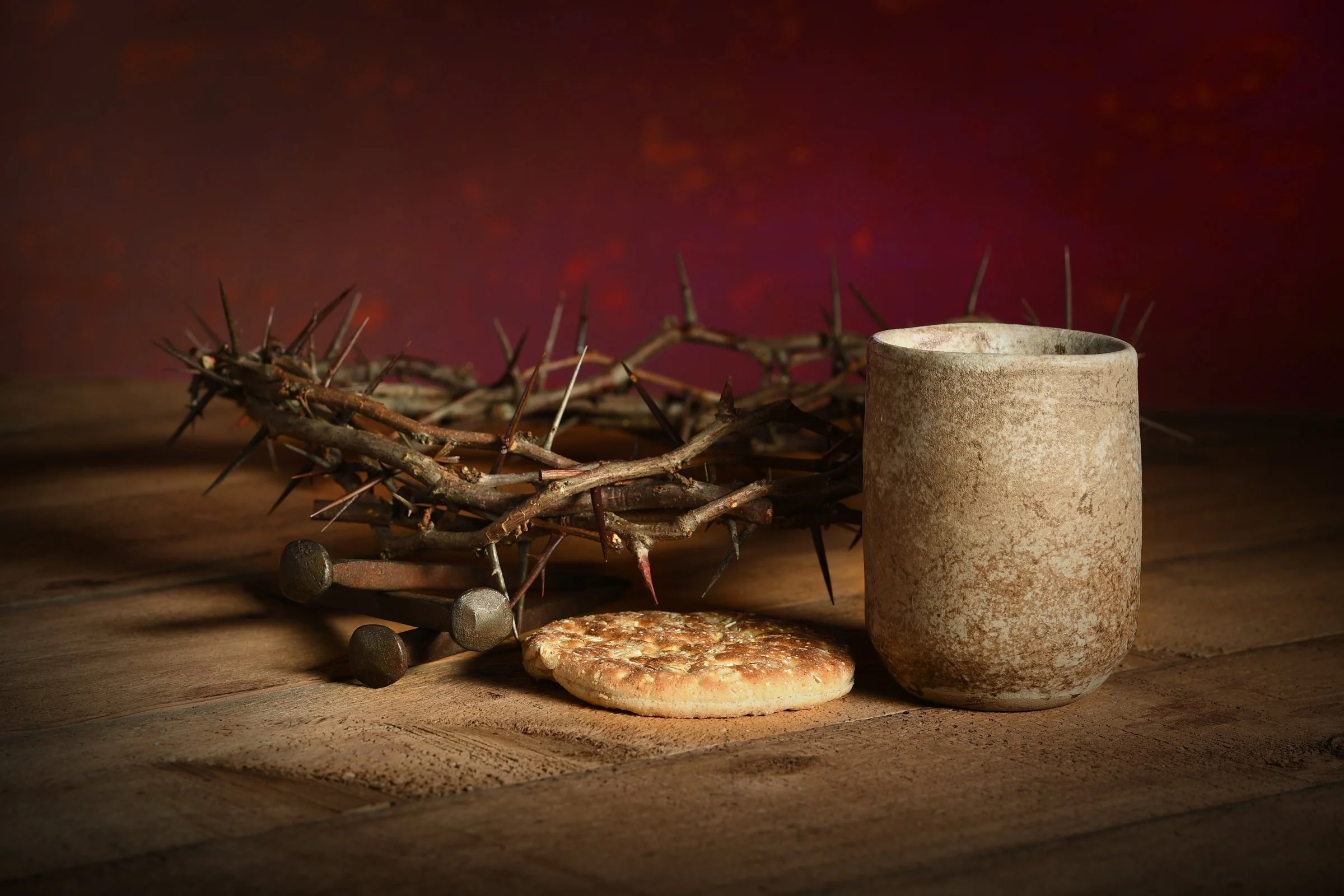God’s judgments are punitive, but they are also redemptive, particularly for Israel. We read, “The Lord is not slack concerning His promise, as some count slackness, but is longsuffering toward us, not willing that any should perish but that all should come to repentance” (2 Peter 3:9); “For I am with you,’ says the Lord, ‘to save you; Though I make a full end of all nations where I have scattered you, Yet I will not make a complete end of you. But I will correct you in justice, And will not let you go altogether unpunished” (Jeremiah 30:11).
God's Kingdom and The Restoration of Israel
There is something profound in the Lord’s eyes for those from Abraham’s natural lineage. Paul said, “Concerning the election they are beloved for the sake of the fathers” (Romans 11:28). This verse implies that Israel is elected (chosen) by God. Chosenness is deeply misunderstood. To be chosen means to be entrusted with a role, task, or mission more significant than your small self. Chosenness infers we have meaning, destiny, and a greater purpose that is God-given rather than self-motivated. Paul said, “For so the Lord has commanded us: I have set you as a light to the Gentiles, That you should be for salvation to the ends of the earth” (Acts 13:47). Divine election carried Israel to a whole new level, and she is beloved for the sake of the fathers. When God assigned Israel her purpose, she became the fulfillment of that purpose in the form of a nation, and her irrevocable calling was and is to be a light to the Gentiles.
Teach Us to Pray
We read, “Now it came to pass, as [Jesus] was praying in a certain place, when He ceased, that one of His disciples said to Him, ‘Lord, teach us to pray, as John also taught his disciples’” (Luke 11:1). Jesus’s response has come to be known as “the Lord’s prayer.” A beautiful declaration that begins with the joy of our heavenly Father, praying for God’s soon-coming Kingdom, asking Him for our daily provision and protection, and closing with an acknowledgment of God’s sovereign Kingdom, His power, and glory. Matthew gives a more extended version of this prayer that Jesus gave as part of the Sermon on the Mount, traditionally believed to be a hill (called the Mount of Beatitudes) near Capernaum on the northern shore of the Sea of Galilee.
The Works of God
Scripture is clear regarding God’s Divine purpose in the creation. He is omniscient and knows every detail of humanity and the nations from the beginning through the end. All God’s works are sovereignly governed according to His plans and purposes. As we read: “God reigns over the nations; God sits on His holy throne” (Psalm 47:8); “Declaring the end from the beginning, And from ancient times things that are not yet done, Saying, 'My counsel shall stand, And I will do all My pleasure,' Calling a bird of prey from the east, The man who executes My counsel, from a far country. Indeed I have spoken it; I will also bring it to pass. I have purposed it; I will also do it” (Isaiah 46:10-11).
The Attributes of God
God’s attributes include His self-existence, immutability (unchanging), eternality, omnipresence (everywhere), omniscience (all-knowing), omnipotence (unlimited), and sovereignty (all-ruling power). God’s attributes are one with and in complete unity with Him. While God is limitless, He has chosen to restrain His will, giving humanity a degree of “free will.” This is the great mystery and the seeming paradox of God’s absolute sovereignty versus His limited will.
Healing of The Nations
We read about the New Jerusalem: “And he showed me a pure river of water of life, clear as crystal, proceeding from the throne of God and of the Lamb. In the middle of its street, and on either side of the river, was the tree of life, which bore twelve fruits, each tree yielding its fruit every month. The leaves of the tree were for the healing of the nations” (Revelation 22:1-2).
The Word Became Flesh
“And the Word became flesh and dwelt among us, and we beheld His glory, the glory as of the only begotten of the Father, full of grace and truth” (John 1:14, NKJV). This is probably one of the most popular verses in the New Testament, clearly pointing to Yeshua as the Divine Messiah; God in human form, manifest and revealed to the creation. However, what exactly did the Apostle John mean when he said, the word became flesh? In a general sense, the word is the bible. So, how does paper or parchment turn into living flesh? I think there more to understand here.
I Will Be Broken
“Then Moses said to God, Indeed, when I come to the children of Israel and say to them, ‘The God of your fathers has sent me to you,’ and they say to me, ‘What is His name?’ what shall I say to them?” (Exodus 3:13, NKJV).









